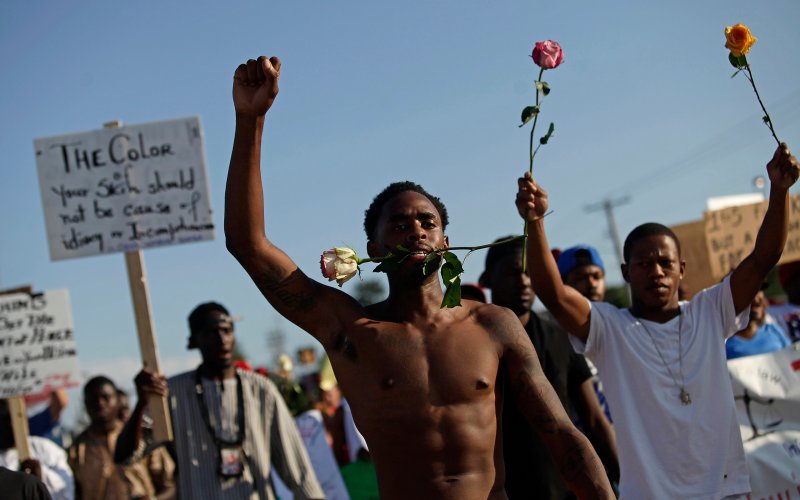
Michael Brown’s family and community deserve more than the slim chance of his killer going to jail. Another Midwestern town, torn by a police shooting, has the answer.

Michael Brown’s family and community deserve more than the slim chance of his killer going to jail. Another Midwestern town, torn by a police shooting, has the answer.
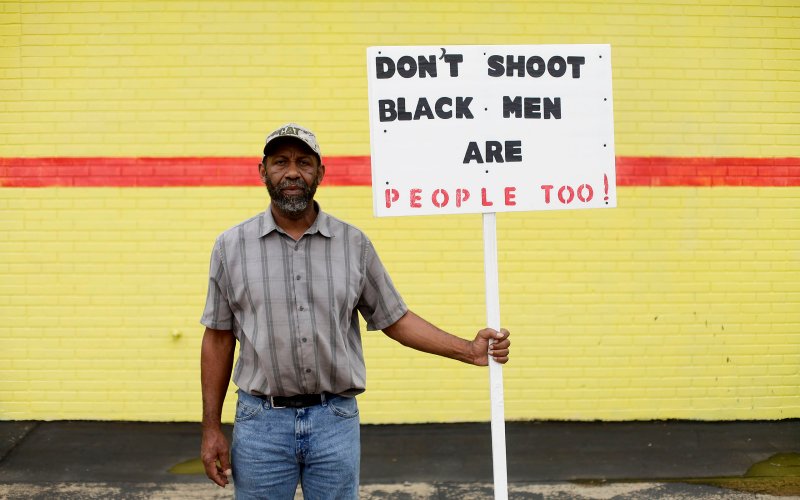
As the Brown grand jury hears evidence, are its white and black members even hearing the same thing? Many studies suggest: probably not.
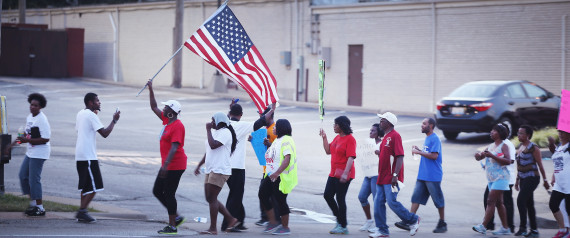
This is the year in which we celebrated the 50th anniversary of the signing of the Civil Rights Bill.
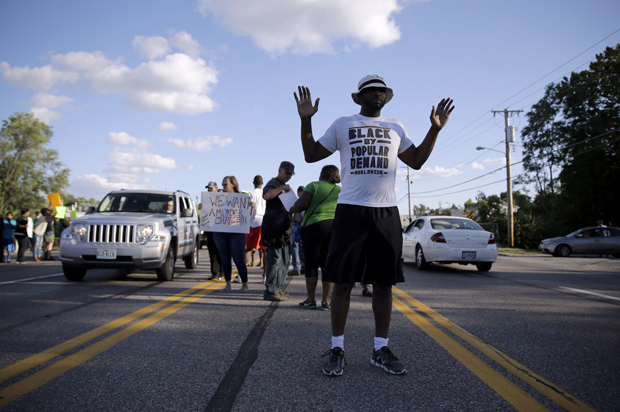
The murder of Michael Brown in Ferguson, Missouri, immediately took me back to a little more than a year ago, when I received a text from my then-16-year-old son.
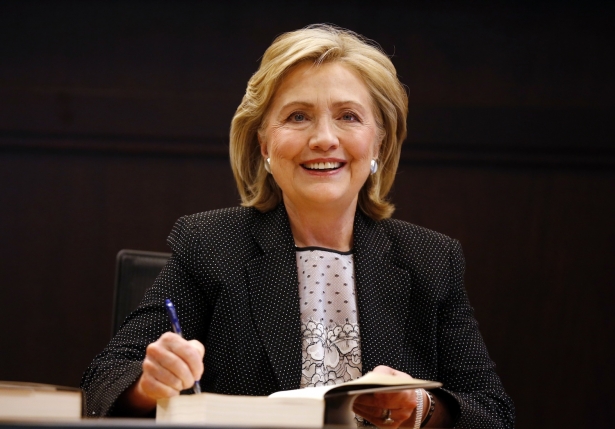
Representative Paul Ryan’s response to the shooting death of Michael Brown by Ferguson, Missouri, police was fairly straightforward: say nothing, do nothing.
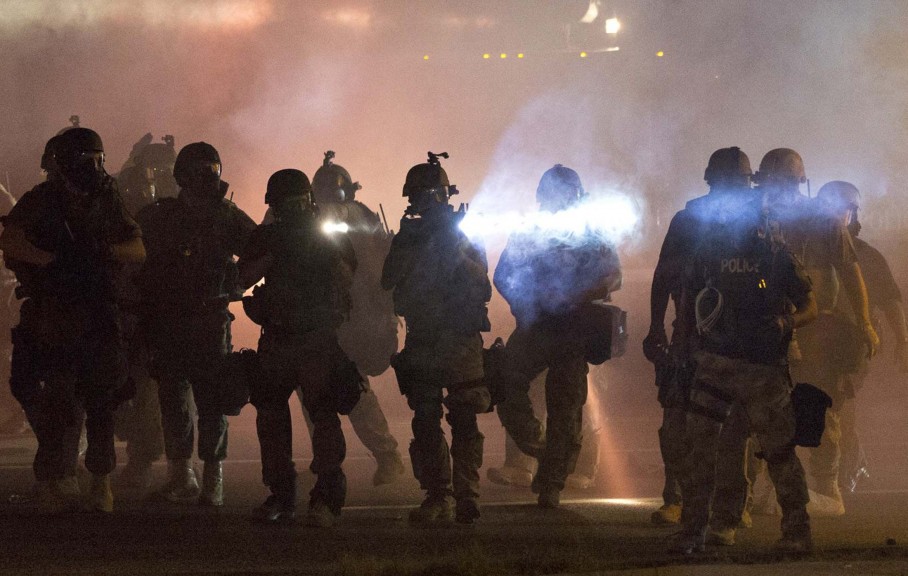
The scene in Ferguson, Mo., is certainly an unusual one, especially given how rare it is to see such unrest on American streets.
The tear-gas, rubber bullets and smoke bombs fired in Ferguson, Missouri have fed outrage over police militarization in the U.S.
A lot has been said about the recent events in Ferguson. It’s all-too-clear we’re dealing with a significant event in America’s history, and perhaps a trigger that could kick-start a new anti-racism movement.
Finally, residents in Ferguson, Mo., this morning are waking up to a violence-free night, 13 days after the shooting death of Michael Brown sparked days and nights of demonstrations and rage.
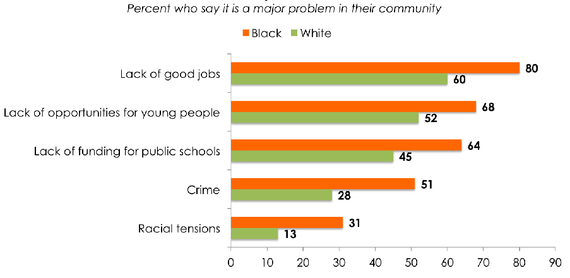
The shooting of unarmed black teenager Michael Brown by a white police officer in Ferguson, Missouri, and the anger poured out in response by Ferguson’s mostly black population…
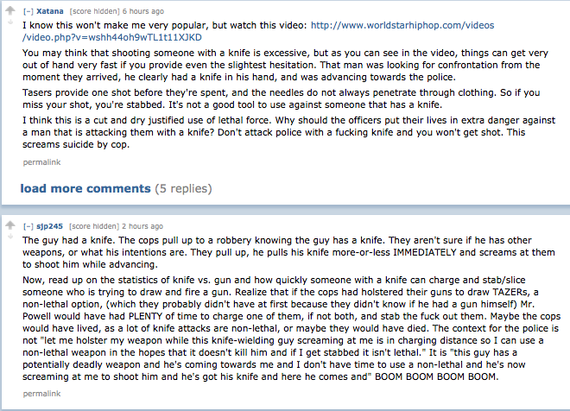
The police officers who shot and killed Kajieme Powell, 25, in St. Louis, Missouri, on Tuesday did so while being recorded by a man with a cell phone camera.
On Wednesday, amid continued protests demanding “Justice for Michael Brown” prosecutors will bring evidence before a grand jury as they determine whether to indict Brown’s killer, Officer Darren Wilson. The power to indict rests with local prosecutors and pliant grand juries, and as Jonathan Cohn has pointed out, a prosecutor will usually refrain from indicting altogether if the accused faces a low likelihood of conviction. In this case, a combination of entrenched racial and occupational biases, and most importantly the details of Missouri law, all but ensures that a conviction is off the table.